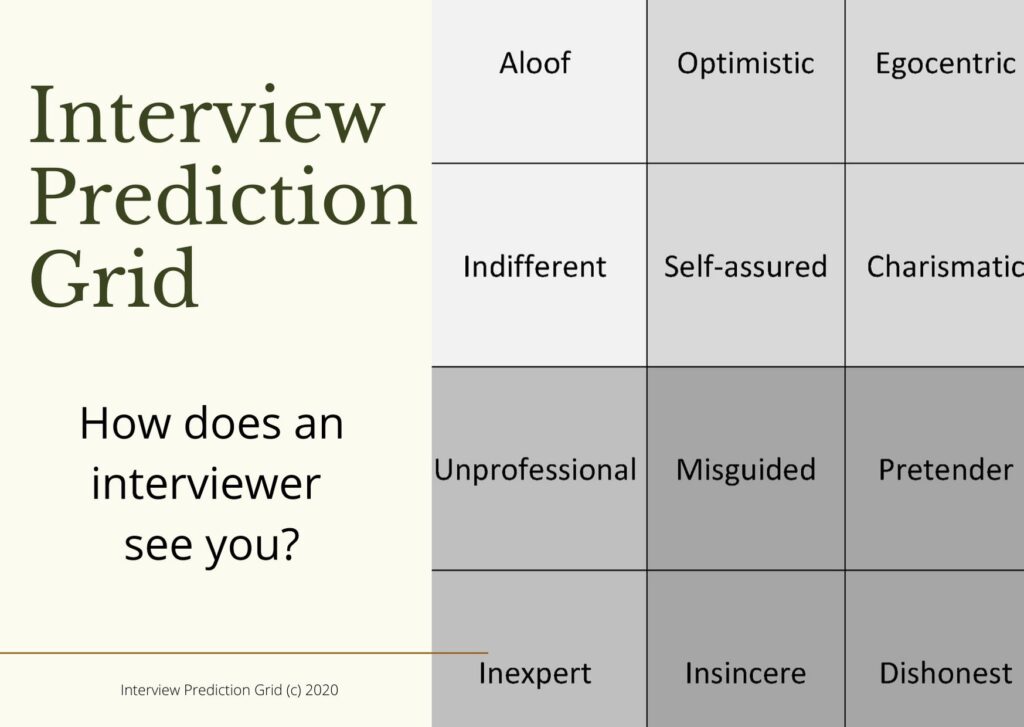The structured interview process is the principal intervention to make a decision on which applicant to offer an advertised position to. It is the asking of standardised questions of job-relevant criteria and a numerical scoring mechanism of the interviewees answers that results in the assumption that the best candidate is offered the advertised role.
The structured interviews ‘fair’ scoring system does not take into account bias. Evidence shows how perception disorders affect judgement. Two people seeing the same stimuli can attach different meanings to it.
A common ‘unconscious bias’ in the job interview is the ‘affinity’ bias – we gravitate towards people if we believe they are similar to us. When recruiting a new team member, interviewers will often have a natural stronger preference for an applicant who they feel is the ‘right fit’ for the organisation.
The ‘right fit,’ when the ‘affinity’ bias is in operation, is the interviewer having a stronger desire to recruit an applicant who they see as having a similar personality, attitude, value(s) and belief(s) as themselves. Not to be confused with an interviewee evidencing that they meet the organisational values, the ‘affinity bias’ perception disorder is an intuitive ‘feeling’ that influences the interviewers decision making process; they remind me of me.
The subconscious association here is; Interviewer has a strong understanding of self: Interviewer identifies similar attributes between themselves and the interviewee: Interviewer associates their character with the applicant: Interviewer increases likability of interviewee.
This whole process happens instantaneously at the subconscious level. A second interviewer, who does not find any common ground with the same applicant, is likely to score the candidate lower then the first interviewer because the ‘affinity’ bias isn’t in effect. In fact, an interviewer may take a dislike to the applicant if they don’t bond due to a lack of similarities. This ‘liking’ or ‘disliking’ is emotional, not logical, and created so rapidly that the interviewer does not question the prejudice.
Similarities can be as basic as having attended the same university, sharing a forename or supporting the same sports team. It can also be something deeper; a belief or attitude. Many attributes can increase or decrease likability; an interviewees weight, ethnicity, sex, age or how a person communicates, dresses and even a candidates handshake all create an interview perception disorder.
The interview perception, formed at the interview start, creates that all important ‘first impression’ which acts as a ‘selection filter.’ The interviewer’s involuntary opinion is filled with errors, prejudices and stereotypes. This automatic thinking comes from assumptions based on the interviewers own experiences, values and beliefs.
The brain is designed to create short-cuts to reduce the time it takes to complete each task. It is this fast-thinking part of the mind that uses generalisations to make rapid decisions. If, for example, you believe that an interviewee who is late for an interview will be a terrible worker, you will act from this viewpoint rather than challenge the status quo.
It is important to understand the mind’s cognitive processing system: Simplifying the complexity of the brain, humans use two operating systems; system 1 and system 2.
System 1 is the fast-thinking mind, creating opinions quickly and intuitively. The brain is always operating using system 1, making decisions that you are not consciously aware of – an interviewer judging an applicant as they arrive for a job interview.
System 2 is a slower analytical mind that requires mental effort to solve complex computations. It requires concentration to make a conscious choice – an interviewer referencing a stated answer against the scoring criteria.
Each of us use both (conceptual) systems but due to system 2 requiring effort (the brain prefers to use less effort) it will use system 1s shortcuts as a starting point, such as having a bias based on an unconscious opinion or belief.

Job Interview Advice








